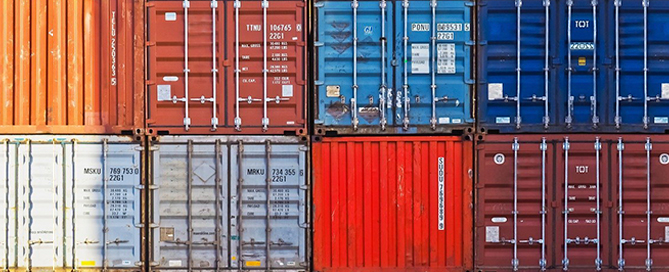Within the framework of the European Union, distribution and exclusive sales agreements are allowed even if, by their very nature, they restrict competition. Nonetheless, territorial protection is not absolute, since an exception is made for passive sales.
The Commission Regulation (EU) No 330 / 2010 of 20 April 2010 on the application of Article 101 (3) of the Treaty on the Functioning of the European Union to certain categories of vertical agreements and concerted practices, contains a list of clauses that can be included or excluded from an agreement:
Likewise, according to the Guidelines relevant to the vertical restraints of the European Commission of 10 May 2010, the protection of territories or exclusively allocated customer groups must permit passive sales to such territories or customer groups.
The Commission defines “active” and “passive” sales as follows:
– “Active” sales mean actively approaching individual customers, a specific customer group or customers in a specific territory specifically assigned exclusively to another distributor.
– “Passive” sales mean responding to unsolicited requests from individual customers, including the delivery of goods or services to such customers in other territories or customer groups.
On the other hand, if the distributor uses the internet to sell his products, the website might have effects that extend beyond the distributor’s own territory and customer group and may be considered as “passive” sales, since this is a reasonable way to allow customers to reach the distributor.
For instance, the Commission considers the following as particularly serious restrictions of passive sales: (a) an agreement that the (exclusive) distributor shall prevent customers located in another (exclusive) territory from viewing its website or shall automatically redirect its customers to the manufacturer’s or other (exclusive) distributors’ websites; or (b) an agreement that the (exclusive) distributor shall terminate consumers’ transactions over the internet once their credit card data reveal an address that is not within the distributor’s (exclusive) territory.
In contrast, the Commission considers online advertising reaching specific customers as a kind of active sales to these clients, which may be incompatible with the exclusivity of other distributors. For example, paying for a search engine or an online advertisement supplier in order to publish advertisements directed to specific users in a specific territory, may be deemed active selling in a territory.
Therefore, when a manufacturer grants exclusivity to a distributor for a certain country, it is possible to prevent the distributor from carrying out an active sales policy outside of the country of the contract, however, it is not possible to prohibit the distributor from carrying out passive sales, given that said negative may constitute conduct contrary to the European and Spanish regulations in terms of competition.
Carla Villavicencio
Vilá Abogados
For more information, please contact:
1 April 2016



